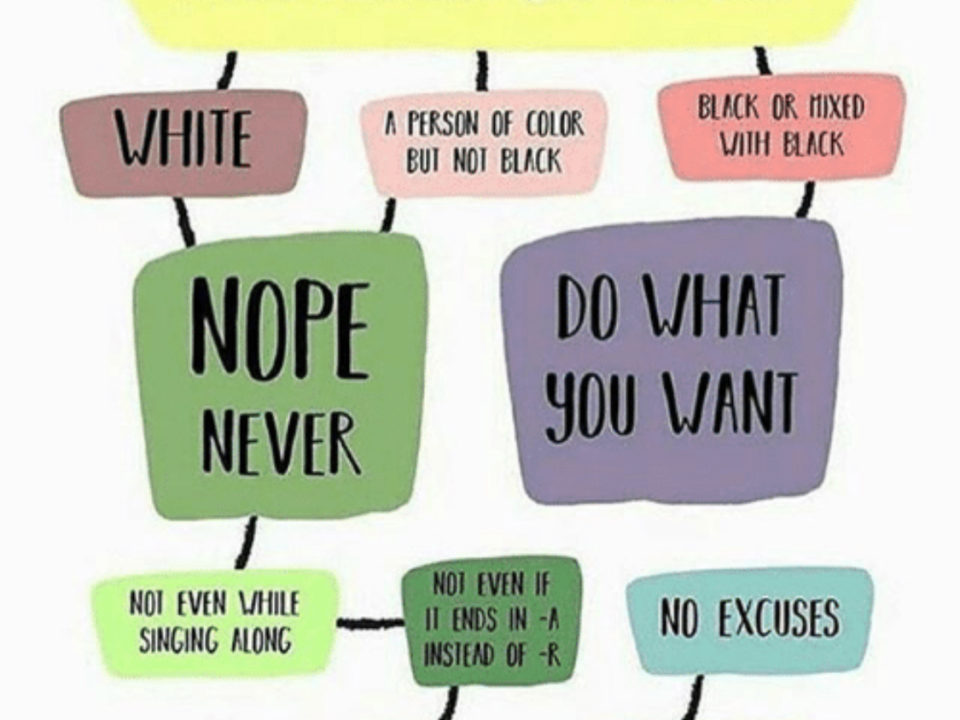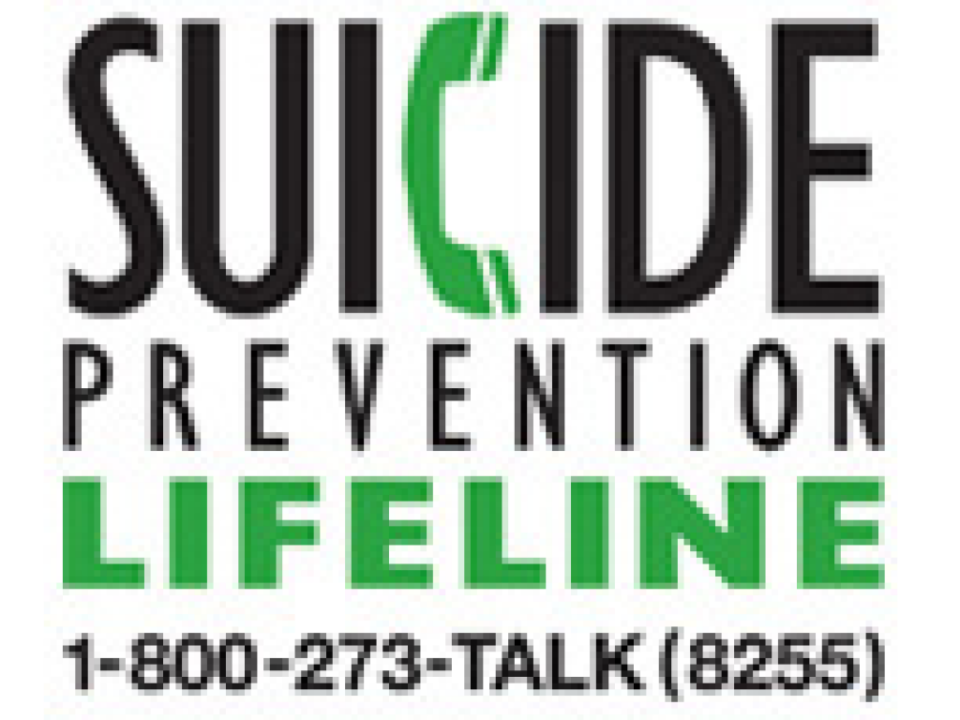5 Things You Can Do to Prevent Dementia
July 14, 20156 Weird Ways Early Birds and Night Owls Differ
August 12, 2015“Physicians advocating to eliminate the detrimental health consequences that can result from negative interactions with the criminal justice system.”
This is the tagline, and the mission of Physicians for Criminal Justice Reform (PfCJR). Sadly, Sandra Bland’s death is another in a long line of police-involved altercations that desperately and urgently underscore the need for our organization.
On July 10, Sandra Bland was pulled over by Texas state trooper Brian T. Encinia for failing to use a signal when changing lanes. As seen in the dashcam video, in response to her refusal to put out her cigarette, he quickly escalates the situation by opening her car door, verbally threatening her, attempting to yank her from the car and physically threatening her with his taser. In response to his pointing the taser at her, she exits the car. She is eventually arrested for resisting arrest. Out of the view of the dashcam, we hear her crying “You just slammed my head into the ground! I can’t even hear! … All of this for a traffic signal!” Three days later, authorities reported she was found not breathing and hanged with a trash bag from a metal barrier that separated the bathroom from the rest of her cell.
Upon learning of her death, some erupted with fury and anguish at the death of yet another Black American in police custody while others began to justify her arrest. Sandra Bland’s death plunged into divisive wounds that are still fresh from Michael Brown, Eric Garner, Walter Scott and countless others and twisted the knife in those long-lasting injuries that, as a result of continued assault, have not been given a chance to heal. Social media pages are inundated with videos of police brutality, statistics of racial and socioeconomic inequities of the legal system and posts and tweets demanding justice. The inundation serves to fuel a feeling of vindication among Black Americans who have long protested the brutality of the criminal system but gone unheard, while at the same time magnifying a sense of hopelessness, helplessness and horror in the same group.
Non-Black sympathizers are in a difficult position of not knowing what to say – wanting to be supportive, but being afraid of being cast out — both a fear of being rejected from the protesters as insincere and a fear that other friends and colleagues will reject their activist stance. Non-sympathizers are called racists and branded as part of the problem. The passion and anger is scary, terrifying and necessary — for painfully intense emotional responses compel us to act. Painfully intense emotional responses force us to stop rationalizing, explaining away and turning a blind eye to the terrible things that are going on around us. Painfully intense emotional responses remind us that we have to DO SOMETHING. We have to do more than feel empathy. We have to recognize that lest we act now, one day Sandra Bland could be us, our colleagues, our patients, our friends or our family.
Death is the ultimate, detrimental health consequence that can result from negative interactions with the criminal justice system. But as traumatizing as tragic deaths are, they are not the only consequences. The collective American public is being harmed. Racial division is increasing. Individuals who have had traumatic interactions with law enforcement in the past are being triggered and re-traumatized. Biological fight or flight systems screaming kill or be killed are being activated in both police officers and citizens. A cancer that has been growing for years and years has declared itself, and threatens to kill us. As physicians, we have a responsibility to intervene.
It is our responsibility to lead a movement to eliminate not only death, but injuries — both physical and psychological — that can result from negative interactions with the criminal justice system. So, as physicians, what can we do? We can promote research. We can be a source of education and awareness. We can partner with like-minded organizations and allies to magnify our message. We can advocate for evidence-based, lasting, meaningful criminal justice reform. We can use our expertise on individual and population health to effect change. We have founded Physicians for Criminal Justice Reform to do all of those things. Will you JOIN US?



